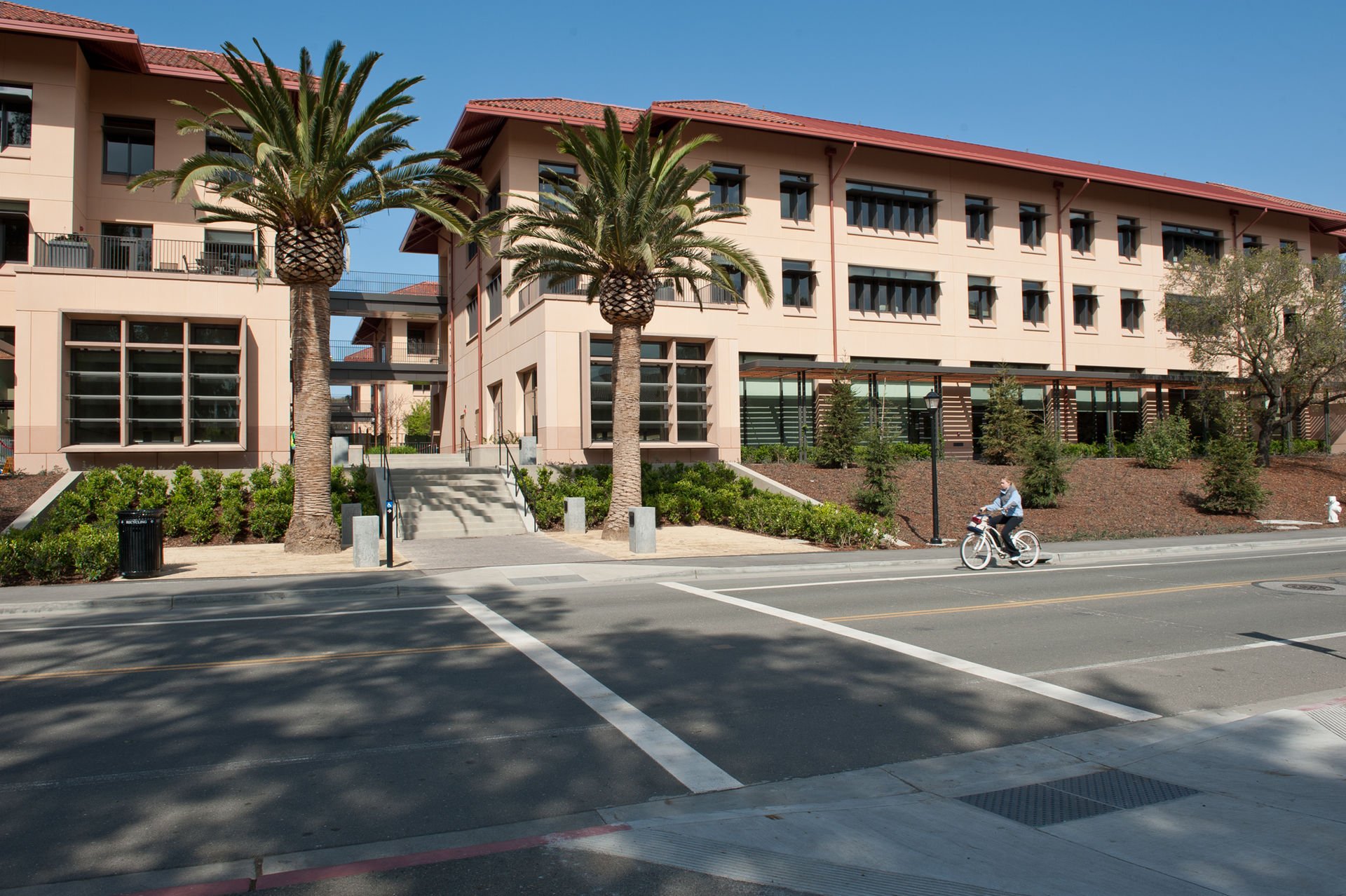One year after leaked financial aid data from Stanford’s Graduate School of Business (GSB) revealed that the school misled applicants and donors about its “need-based” fellowship policy, GSB Dean Jonathan Levin and MBA Admissions and Financial Aid Assistant Dean Kirsten Moss announced a redesigned financial aid system that — starting in December — will award MBA applicants with fellowships “based solely on financial need.”
The new system is a product of the GSB’s summer Financial Aid Initiative. Led by Moss, the initiative solicited input from staff, faculty, alumni and 200 MBA students through discussions, surveys, community meetings and a “design thinking session,” according to the GSB website.
After considering several options — such as awarding fellowships in a discretionary manner or awarding them with both financial need and discretionary considerations in mind — the GSB settled on a solely need-based aid system.
This decision stemmed in part from the “transitional system” the GSB used with the class of 2020 in the interim before the new policies were finalized, which awarded fellowships based solely on financial need. According to a Nov. 5 announcement, the transitional system led to a highly competitive and diverse MBA Class of 2020.
The new financial aid system also addresses how to measure financial need. In the past, need was calculated based on a student’s current assets; the new system will also factor in prior income.
The GSB’s misrepresentation of its financial grant policy was initially uncovered when GSB student Adam Allcock MBA ’18 found that incorrect privacy settings on school servers allowed GSB students, staff and faculty to access confidential data left on a shared drive. Included in the data were over 5000 financial aid applications filed by GSB students across seven academic years between 2008 and 2016.
From statistical analysis of the data, Allcock assembled a 378-page report that revealed a disparity between what the GSB publicly claimed — that all of its fellowships were awarded based purely on financial need — and what the school’s actual practice was. According to Allcock’s findings, women and domestic students were given preferential treatment in financial aid decisions over applicants in nearly identical financial situations.
Allcock reported the breach and returned the data to the University Privacy Office, but the GSB did not dispute his findings.
“The school has offered additional fellowship awards to candidates whose biographies make them particularly compelling and competitive in trying to attract a diverse class,” Levin said in a letter to the GSB community.
He explained the decision to award these additional fellowships — done on a discretionary basis — in his report on a University review of the GSB’s historical financial aid practices.
“The historical system was motivated by a desire to attract a competitive and diverse class,” Levin wrote. “Most peer schools which share this objective have used and continue to use discretionary awards, either in whole or in part. In this sense, the historical system aligned with the perceived market environment.”
He added that the historical system needed to be more transparent and follow an explicit guiding principle of fair and equitable treatment.
In January, Levin announced a three-phase plan to review the GSB’s financial aid process and update its aid policies based on the current “MBA financial aid landscape,” as well as feedback from Stanford affiliates and third-party experts in higher education.
Levin expressed hope that the new system would not only be more transparent but also address frustrations with and complications in the preceding financial aid application process.
“There is some necessary reporting burden in any system that seeks to assess need fairly and accurately, but it soon became apparent that we could improve the process dramatically,” Levin wrote in the announcement. “We are working on a new user experience design that we expect to be an immediate improvement and that we can continue to refine over time.”
But for Allcock, the new system does not undo the damage of the old one.
“The [new] financial aid … system is one of the best in the industry,” Allcock told The Daily in an email. “However, it’s built on top of the skeletons of the past, which does not make for a firm foundation. By refusing to even acknowledge, never mind apologize for, never mind make right, its past wrongdoings, the school is dehumanizing real people with real lives.”
Contact Elena Shao at eshao98 ‘at’ stanford.edu.
